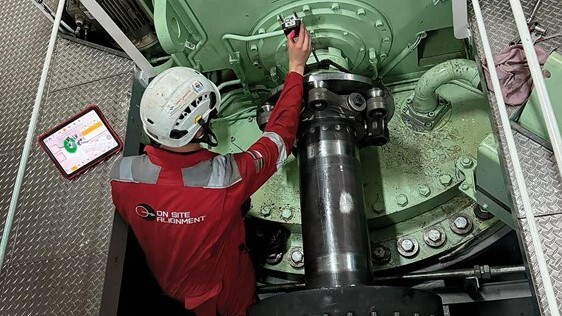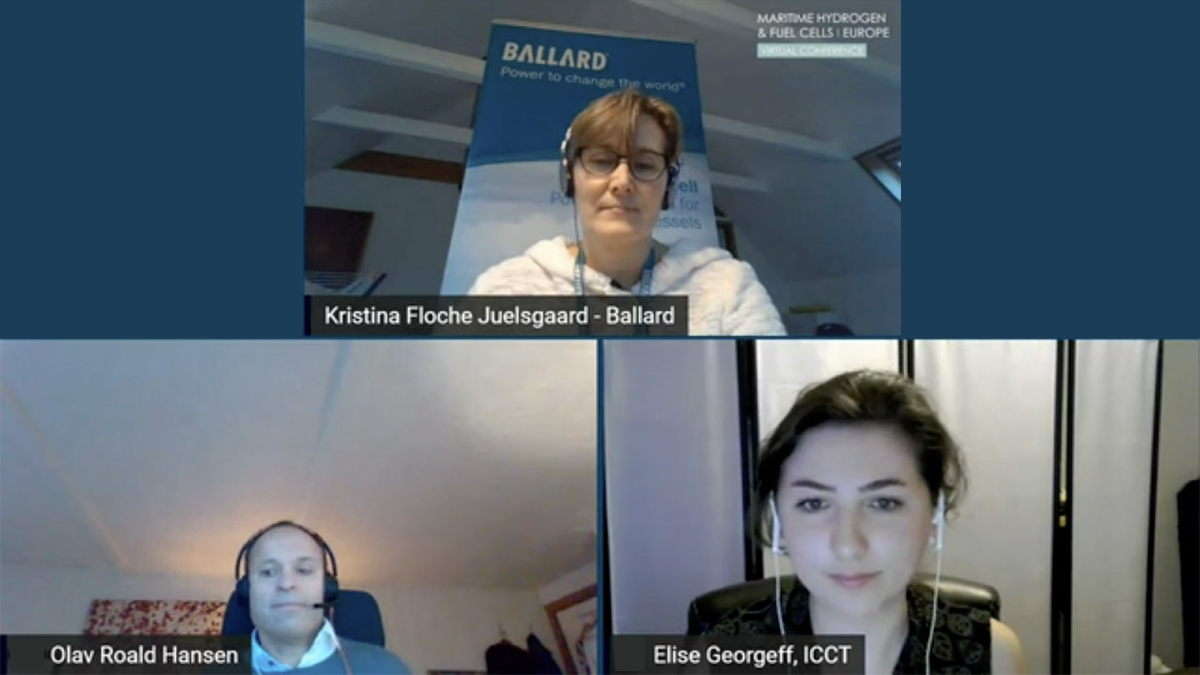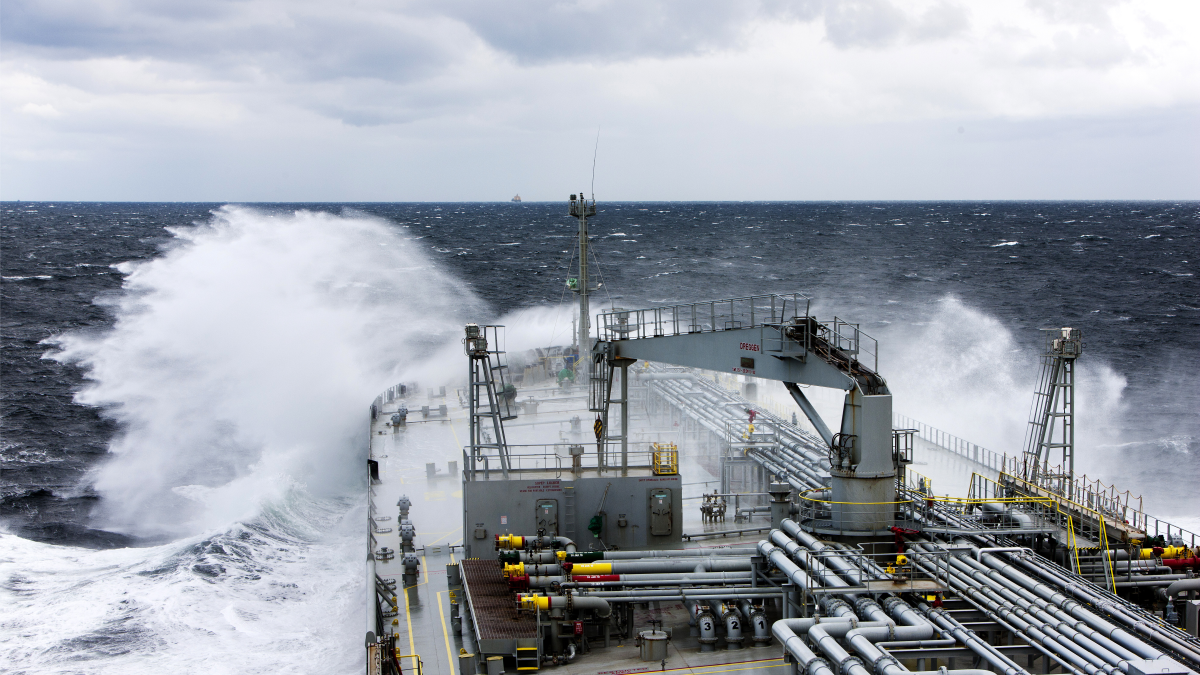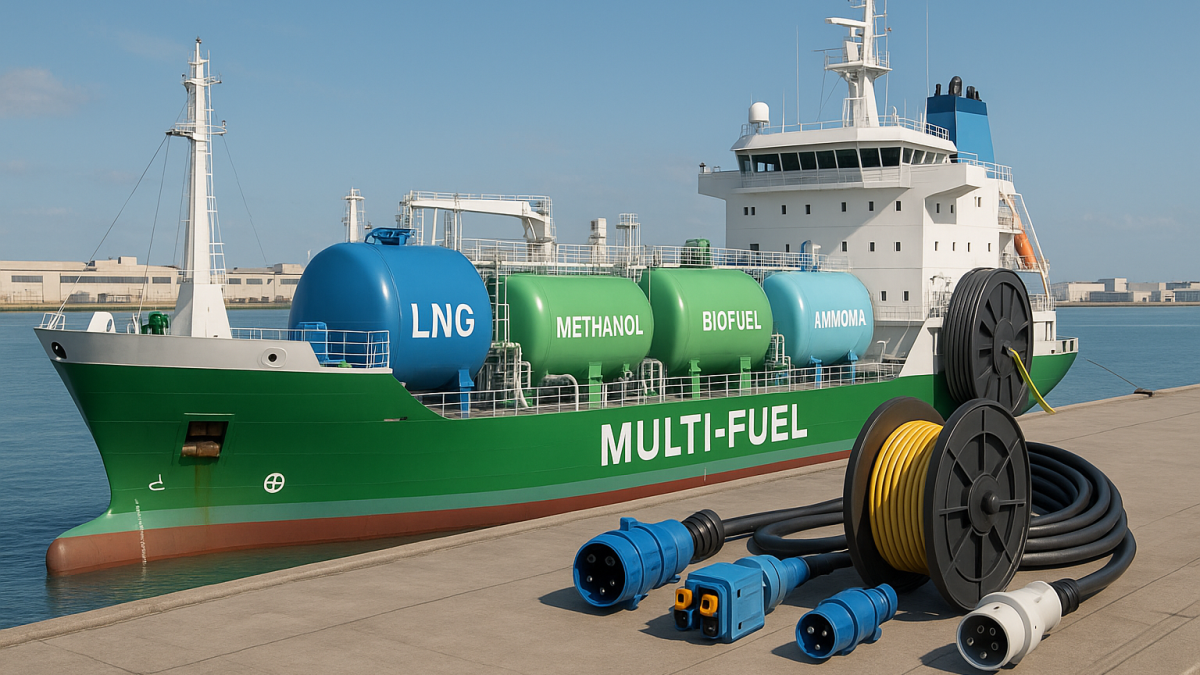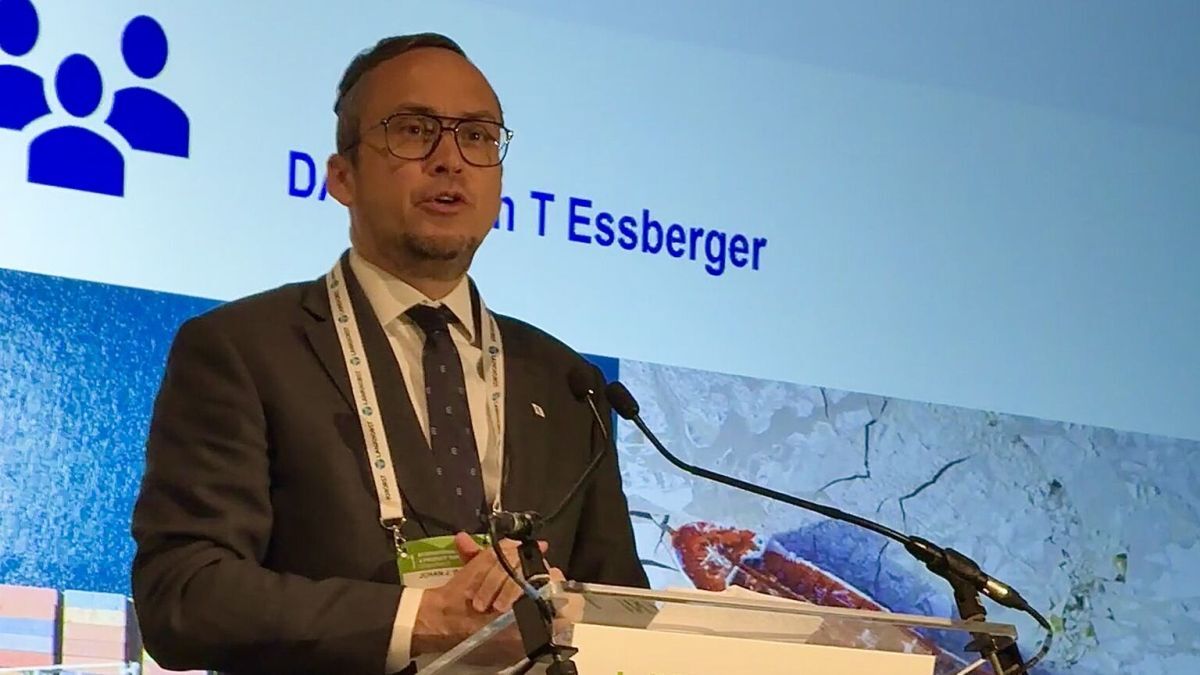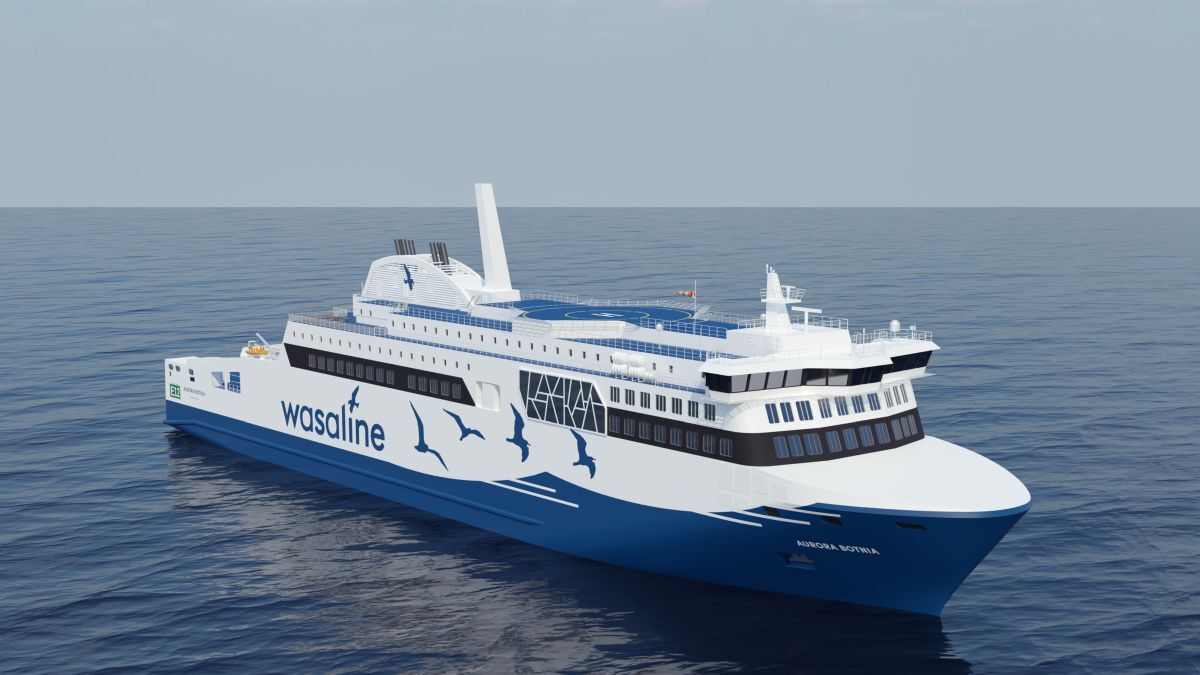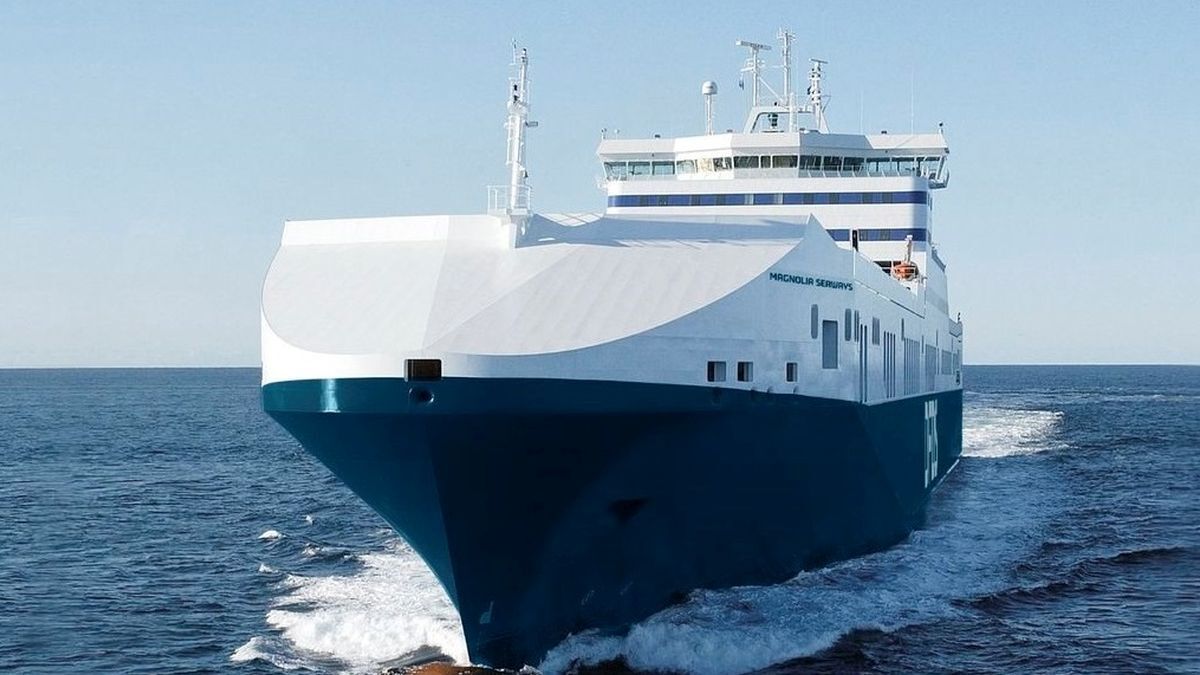Business Sectors
Events
Contents
Hydrogen and fuel cells: ensuring availability, storage and distribution
Experts from around the industry explain the infrastructure required for hydrogen technology at Riviera’s Maritime Hydrogen and Fuel Cells, Europe virtual conference
Hydrogen storage and transfer in a marine environment is a new side to a technology that is relatively nascent compared to using hydrocarbons in internal combustion engines.
HYEX Safety founder Olav Roald Hansen noted that the big challenge with hydrogen is storage. “Hydrogen safety can be challenging and expensive,” he said. “Normal mitigation methods like detection and action may be too slow.”
The best safety mitigation is to assume that, “What can happen, will happen, and you have to design your systems to be safe.” This includes double-wall piping, also called piping-within-piping, to catch leaks and to limit volumes to catch leaks. The problems magnify as volumes and pressures increase.
The International Council on Clean Transportation (ICCT) research fellow with the marine team Elise Georgeff has looked at the viability of hydrogen as a marine fuel on a mainline container shipping lane. In the ICCT study of liner traffic across the Pacific, it explored whether hydrogen could replace fossil fuel on a deepsea route.
The study focused on the TransPacific shipping corridor between the Pearl River Delta in China and San Pedro Bay in California, USA. The study found that a high proportion of the voyages could be accomplished without an additional stopover for refuelling. With an additional stop, 99% of the voyages could be completed. And the best place to refuel hydrogen-powered container ships? “A surprising contender is the Aleutian Islands of Alaska, which are particularly placed to service the long voyages that pass by Alaska,” she said.
Ballard Power director of business development Kristina Fløche Juelsgaard noted that the fuel cells from Ballard range from several watts to megawatts in size. The fuel cells are provided on a life-long basis and are recycled. “Every year we recycle and refurbish thousands of fuel cell stacks, each fuel cell stack is refurbished reusing the components as much as possible to achieve the same performance and to minimise waste,” she said.
Riviera’s Maritime Hydrogen and Fuel Cells, Europe highlights the latest industry intelligence, initiatives and developments in the alternative maritime fuels sector in Europe.
Related to this Story
Events
Maritime Environmental Protection Webinar Week
Cyber & Vessel Security Webinar Week
The illusion of safety: what we're getting wrong about crews, tech, and fatigue
Responsible Ship Recycling Forum 2025
© 2024 Riviera Maritime Media Ltd.

